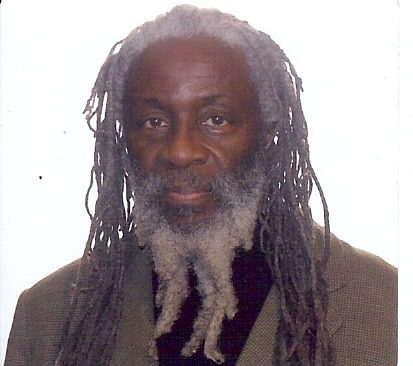
2020 Conference Workshop
NTU’s Application to Clinician Self-Care
The NTU Approach to Health and Healing is a parallel process that facilitates healing and growth in both the consumer and the provider. This workshop explores the NTU principles, characteristics, skills and phases of treatment as they are applicable to self-care. The primary assumption that will be addressed is that, “We can’t take care of anyone else any better than we take care of ourselves.”
W. Henry Gregory, PhD is a mental health professional with over thirty-five years of experience. He holds a doctoral degree in Clinical Psychology and master degrees in both Community Mental Health and Psychology. He has expertise and extensive experience as a clinician, supervisor, director, trainer, consultant and researcher in a number of service areas including HIV/AIDS, child welfare, substance abuse, juvenile justice, criminal justice, school-based mental health, and behavioral health.
Currently, Dr. Gregory is an assistant professor at the University of Maryland, School of Nursing. He also has served as the associate director for the University of Maryland Baltimore County (UMBC) Department of Psychology’s Center for Community Collaboration. He was the Cultural Competence Coordinator for MD CARES a SAMSHA funded system of care. Dr. Gregory provides consultation and training to public and private agencies through his own organization, the Rafiki Consortium. Through Rafiki, he focuses on assisting service providers, policymakers, family members and other stakeholders in understanding and implementing skills, attitudes and treatment service models that are culturally competent and grounded in a competency orientation toward promoting change
Dr. Gregory’s primary clinical orientation is family systems. He has specialized in the development of treatment models that are applicable to diverse service populations and the clinicians who deliver services to them. Along with several colleagues, he has participated in the developed “Enriched Structural Family Therapy” to directly address the clinical needs of minority families whose issues and processes frequently fall outside of mainstream norms. At Progressive Life Center, where he served as clinical director for 23 years, he led the development of “NTU Psychotherapy” a culturally competent system of care that is spiritually based.
As a constructivist, Dr. Gregory passionately believes that we create our own destiny by how we think about ourselves and our circumstance. To this end, he believes that a focus on strengths, competencies and resilience will revolutionize the field of mental health.
